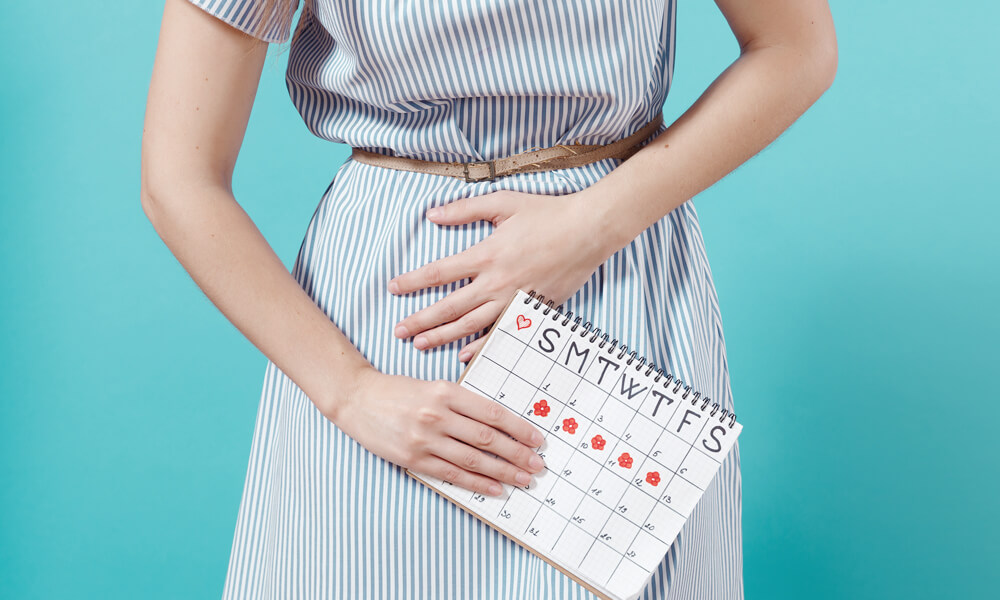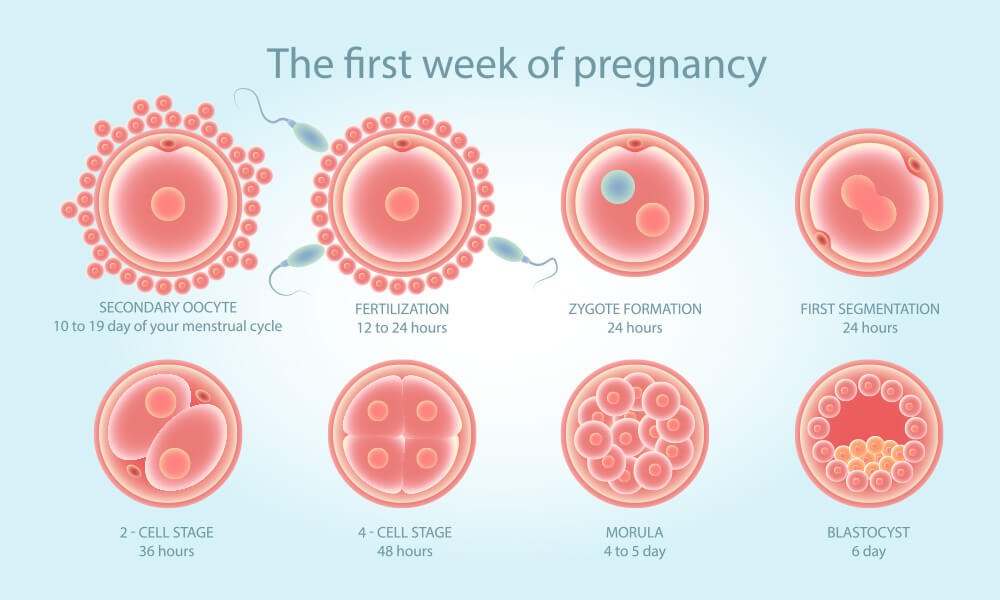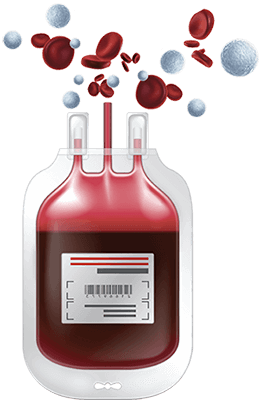Canada's Largest & Oldest Cord Blood Bank
As of now there is no baby or an embryo. Your body is just preparing to initiate the events that will lead on to the arrival of your bundle of joy.
This Week’s Highlights
You are on your last period
Your body is getting ready to ovulate
Your uterus is getting ready to receive the fertilized egg
Calculating Due Date
Why do we call this week 1 of pregnancy if there is no baby? Calculating the exact timing of ovulation, when a mature egg is released from an ovary, and conception, when the egg is fertilized by a sperm, is very difficult. However the first day of your last period is pretty concrete.
As a result, most healthcare providers will use the first day of your last period as the starting point of your pregnancy, giving every pregnancy a pretty standard timeline of 40 weeks. When you think about it, the pregnancy clock actually starts 2 weeks before you are pregnant.

Baby Development at Week 1
In the first week of pregnancy, you are on your period. Yes, that means you are not pregnant. Your baby will not be conceived until week 2 or 3 of your pregnancy, which depends on the timing of your menstrual cycle. Assuming you have a 28-day cycle, ovulation takes place around day 14 (2 weeks after the first day of your period) and conception happens after that (week 2 or later).
By the time you find out that you are pregnant, you may be in your fourth or fifth week of pregnancy. If you already know you are pregnant, you can go right ahead and skip to week 4.

Pregancy Tip
Get your body ready for pregnancy! Start eating healthy, get active and give up smoking.

How Your Body is Changing
Right now, your body is shedding the uterine lining from the previous month in preparation for a new one. Hopefully this one will hold the egg that is to be released soon. Anytime between the next 1.5 to 2 weeks a new egg (or in rare cases 2) will be release by one of your ovaries, which can be fertilized for about 12 to 24 hours after that.
If you are trying to conceive, having sex frequently around the time of your ovulation can help. Remember sperm can live in your body up to 6 days, so you don’t have to wait until the day of ovulation or after ovulation to have sex.
The Origin of Stem Cells
To learn more about the origin of stem cells, we need to begin with human embryonic development. Life begins as a single fertilized egg. Following fertilization, this single cell undergoes many significant changes to produce a baby with more than 200 different types of cells in the body.

All of the developmental stages highlighted here take place in the first week of pregnancy. The fertilized egg goes through several cell divisions to create the first structure of early development known as the blastocyst.
This is only the beginning of the fascinating journey of the stem cell. To learn more, visit our webinar series: https://www.healthcord.com/stem-cell-capabilities/
How Far Along are You?
1 weeks in, 39 weeks to go! You are at the beginning of your pregnancy this week. Even though pregnancy is measured in weeks not months this means you are in your 1st month of pregnancy.
Diet and Exercise at Week 1
If you are trying to conceive this is a great time to start making healthy choices with both diet and exercise. It is important to make sure you are getting all the vitamins and minerals necessary for you and your baby.
Did you know your DNA influences how your body absorbs, metabolizes and stores nutrients? This means you may need to optimize your intake of nutrients before you map out your new diet plan through your pregnancy. Find out more about our DNA Nutrition Test and how you can personalize your meal plans based on your DNA here.

Cord Blood Basics
Pregnancy Symptoms at Week 1
Your symptoms this week associated with your menstrual cycle.
Back pain and cramps – Some women experience abdominal pain and back pain during menstruation. The pain is caused by the contractions in your uterus releasing its lining.
Bloating and mood swings – Hormones control your menstrual cycle, which is why changes in these hormone levels can impact how you feel and even your digestive system.
Increase in cervical mucous – If you have been tracking your menstrual cycle, you probably noticed that your cervical mucous changes depending on the time of your cycle. A week or so before ovulation your mucous becomes thick, sticky and creamy in colour. Right before ovulation it increases in volume. When this change takes place, it is a good time to try to conceive.
Basal temperature drop – During ovulation, which happens half way through your menstrual cycle, a mature egg is released from one of your ovaries. You are most fertile right after ovulation. Given that the menstrual cycle can be anywhere between 23 to 35 days, your ovulation date will depend on your menstrual cycle. But, right before ovulation your basal temperature will fall. You can track this change using a thermometer, so you know exactly when you are most fertile.
Have Questions about Cord Blood Banking?


